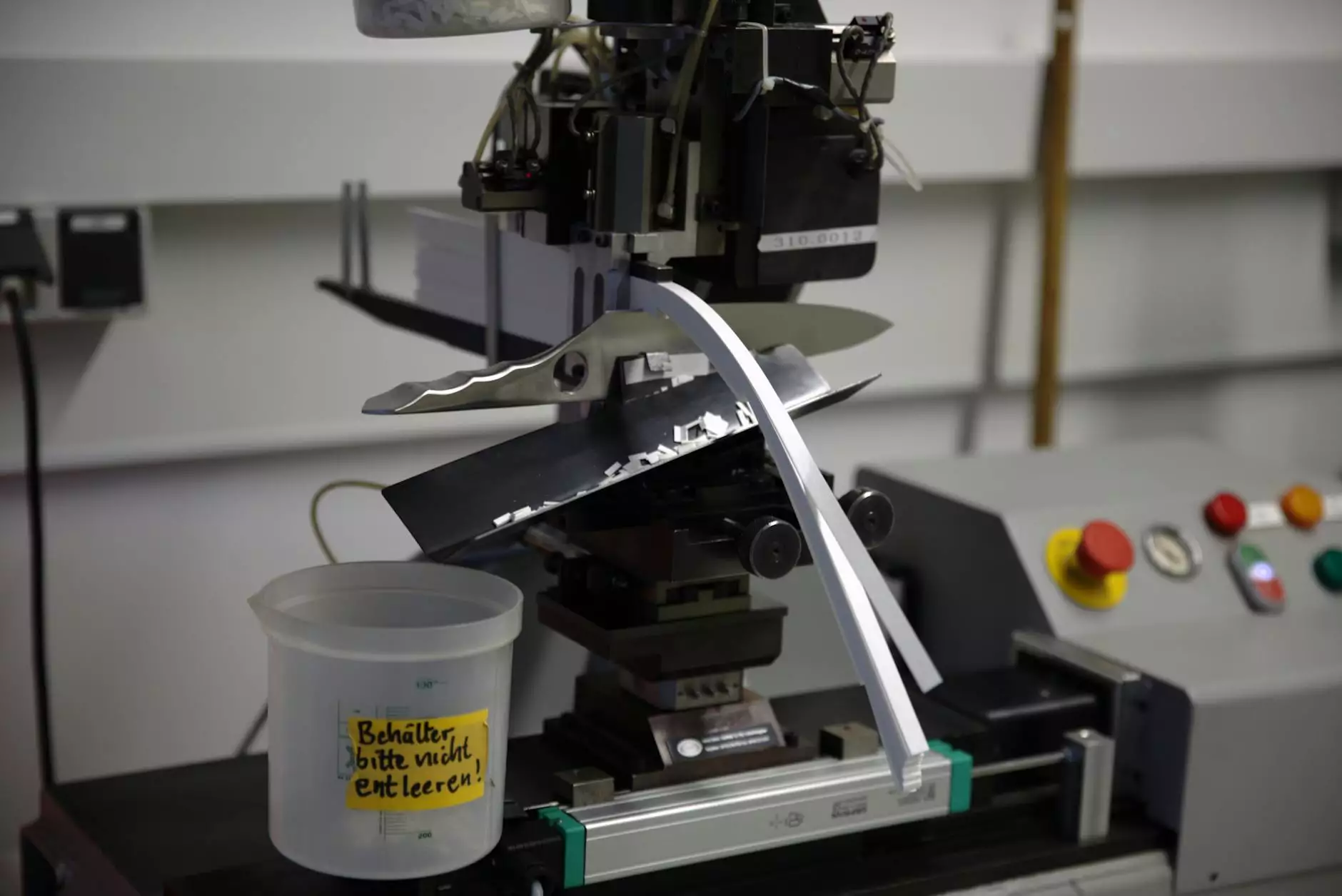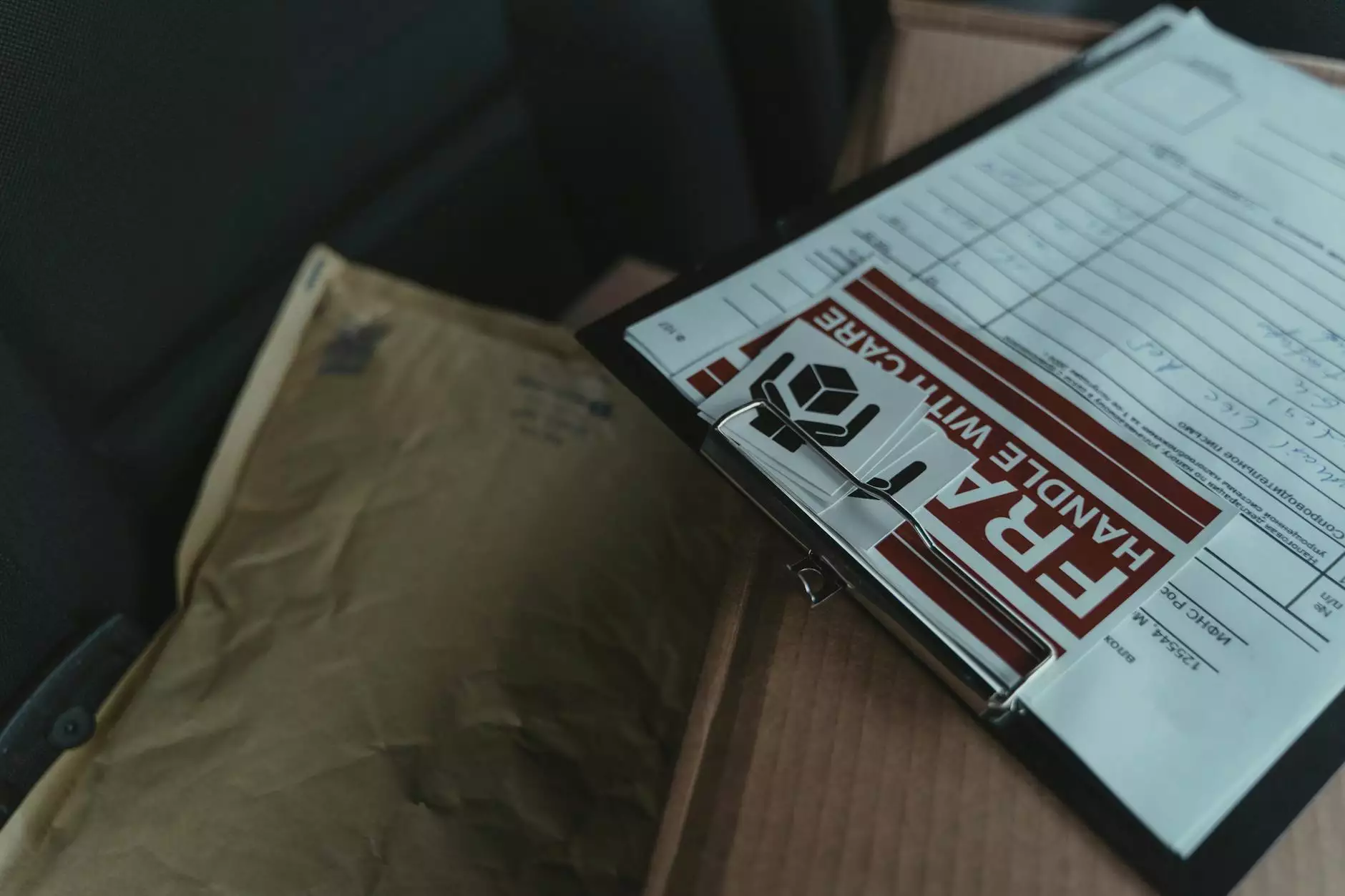The Significance of Barcode Readers in Modern Business

In today’s fast-paced commercial environment, efficiency and accuracy are paramount. Businesses are constantly seeking tools and technologies to streamline their operations and enhance productivity. One such essential tool that has revolutionized numerous industries is the barcode reader.
Understanding Barcode Readers
A barcode reader, also known as a barcode scanner, is a device that captures and interprets the information encoded in barcodes. Barcodes are graphic representations of data that are easily scannable. These codes can be found on products, packaging, shipping labels, and even tickets. They serve as a key component in inventory management, sales tracking, and various other operations.
The Importance of Barcode Readers in Business
Barcode readers are not just optional accessories; they are essential instruments in the modern business landscape. Here are several compelling reasons why businesses should integrate barcode readers into their operations:
1. Enhanced Accuracy
Manual data entry is prone to human errors, which can lead to significant financial losses. By using a barcode reader, businesses can greatly reduce the chances of errors when inputting data into their systems. The optical scanning process is much faster and more accurate than human efforts, ensuring that the information recorded is correct.
2. Increased Efficiency
Time is money in the business world. Barcode readers accelerate the process of data collection and retrieval, allowing employees to complete tasks more quickly. For instance, scanning items during checkout processes or stocktaking means that transactions are processed in a matter of seconds instead of minutes. This increased efficiency translates directly to higher productivity levels and improved customer satisfaction.
3. Cost Savings
While the initial investment in barcode technology may seem substantial, the long-term savings are significant. By minimizing errors and speeding up operations, businesses can lower their overall operational costs. Furthermore, inventory management becomes more effective, preventing overstock and stockouts, leading to reduced inventory carrying costs.
Applications of Barcode Readers Across Industries
Barcode readers find applications in various sectors, each benefiting from the technology in unique ways.
Retail
The retail industry is perhaps the most visible application of barcode readers. Scanners are used at checkout counters to speed up the sales process. They handle everything from pricing checks to managing loyalty programs. Retailers also utilize barcode technology to manage inventory levels, monitor sales trends, and optimize stock management.
Healthcare
In healthcare, barcode readers play a critical role in ensuring patient safety. Medication prescriptions can be confirmed with a quick scan of the barcode, reducing the risk of administering incorrect medications. Patient identification and specimen tracking also leverage barcode technology, allowing for greater accuracy in treatments and procedural documentation.
Warehousing and Logistics
In the warehousing sector, barcode scanners facilitate efficient inventory management and order fulfillment. By using a barcode reader, warehouses can streamline their operations, from receiving shipments to picking and packing orders. This helps to improve accuracy and speed in logistics operations, which is crucial for meeting tight delivery deadlines.
Manufacturing
Manufacturers rely on barcode readers to track components throughout the production process. This ensures quality control and traceability, allowing companies to identify the source of defects quickly. Barcodes are used to manage work orders, equipment, and machinery, ensuring that operations run smoothly and efficiently.
Transportation
In the transportation sector, barcode readers assist in tracking shipments and enhancing logistics efficiency. Scanning delivery barcodes ensures accurate delivery confirmations and inventory checks, which ultimately leads to improved service and reliability for customers.
Choosing the Right Barcode Reader
With various types of barcode readers available, businesses must carefully assess their needs before making a purchase. Here are some factors to consider:
- Type of Barcode: Ensure your barcode reader can handle the specific types of barcodes your business uses, such as 1D or 2D barcodes.
- Read Speed: Evaluate the scanning speed of the device, as quicker scans can enhance customer service and operational efficiency.
- Durability: Especially important in industrial settings, ensure that the barcode reader can withstand the working conditions.
- Interface: Make sure that the scanner can easily connect with your existing systems, whether through USB, Bluetooth, or other connectivity options.
- Software Compatibility: Check that the scanner’s software integrates well with your current inventory management and point-of-sale systems.
Integrating Barcode Readers into Your Business Strategy
Integrating barcode readers into your operations involves not just the purchase of the technology but also a strategic approach to its implementation. Here are some steps to ensure successful integration:
1. Assess Your Needs
Before implementing barcode scanning technology, conduct a thorough assessment of your operational needs to determine where barcode readers can have the most impact.
2. Train Employees
Provide comprehensive training for your staff on how to use the barcode readers effectively. Familiarized employees are more likely to leverage the technology effectively, maximizing its benefits.
3. Monitor Performance
Regularly evaluate the impact of barcode readers on your operations. Adjust your processes as necessary based on performance data to ensure that you are getting the most out of your investment.
Future Trends in Barcode Technology
The future of barcode technology looks promising, with continuous advancements that enhance functionality and usability. Here are several trends to watch:
1. Mobile Scanning
Smartphone applications that turn mobile devices into barcode scanners are on the rise. This flexibility allows businesses to utilize existing devices, reducing the need for dedicated hardware.
2. Increased Automation
As automation technology advances, barcode readers will play an even more critical role in automated warehouse and logistics environments. Integration with AI and machine learning algorithms will allow for even greater accuracy and efficiency.
3. Enhanced Security Features
With an increase in counterfeit products, advanced barcode technologies will evolve to include added security features, making it more difficult to forge barcodes.
Conclusion
The adoption of barcode readers is a powerful step toward achieving operational excellence in modern businesses. By enhancing accuracy, increasing efficiency, and driving cost savings, barcode technology can transform the way organizations operate. As industries continue to evolve, integrating barcode readers will not only help businesses keep pace but also enable them to maintain a competitive advantage in an increasingly digital world.
To discover a range of printing services and electronics that support your enterprise needs, visit DurafastLabel. Embrace the future of business efficiency with the right tools at your disposal!



